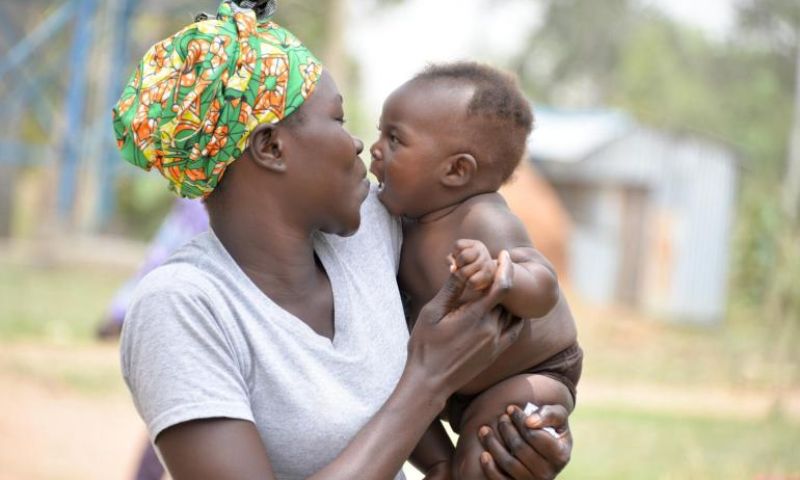UNITED NATIONS: The World Health Organization (WHO), a UN organization with headquarters in Geneva, stated in a study released on Tuesday that due to declining spending on maternal and newborn health, progress in lowering the early mortality of pregnant women, mothers, and babies has flatlined for eight years.
The research, titled “Improving Maternal and Newborn Health and Survival and Reducing Stillbirth,” evaluates the most recent statistics, which share similar risk factors and causes, and keeps tabs on the delivery of critical medical services.
Overall, the study reveals that there have been no significant improvements in survival since 2015, with 290,000 maternal fatalities annually, 1.9 million stillbirths (babies who die after 28 weeks of pregnancy), and a startling 2.3 million infant deaths in the first month of life.
According to the analysis, over 4.5 million women and newborns die annually during pregnancy, childbirth, or the first few weeks after birth. This equates to one death every seven seconds, and most of these deaths might have been avoided or treated if appropriate treatment had been available. At a major international conference held in Cape Town, South Africa, the new publication was unveiled.
Pressures on already overburdened health services have increased as a result of the COVID-19 epidemic, rising poverty, and deteriorating humanitarian issues. Only one in ten nations (out of more than 100 surveyed) say they have enough money to carry out their current plans.
According to the most recent WHO study on how the pandemic affected fundamental health services, almost 25% of countries continue to report continuous disruptions to services for sick children and crucial prenatal and postnatal care. Pregnant women and newborns continue to die at unacceptably high rates around the world, according to Dr Anshu Banerjee, Director of Maternal, Newborn, Child and Adolescent Health and Ageing at the World Health Organization (WHO). The COVID-19 pandemic has made it more difficult to give them the healthcare they require.
According to the agencies, in order to improve survival rates, mothers and babies must have access to quality, accessible healthcare before, during, and after childbirth, as well as family planning services. More skilled and motivated health professionals, particularly midwives, are required, as are critical medicines and supplies, safe water, and reliable electricity. The research emphasises that initiatives should focus on the poorest women and those in vulnerable situations who are most likely to lose out on lifesaving treatment, including through better planning and investments.
Improving mother and newborn health will necessitate the elimination of detrimental gender norms, biases, and disparities. According to recent data, only approximately 60% of women aged 15 to 49 make their own decisions about their sexual and reproductive health and rights. Based on present trends, more than 60 countries are unlikely to fulfil the UN Sustainable Development Goals for maternal, neonatal, and stillbirth mortality reduction targets by 2030.























